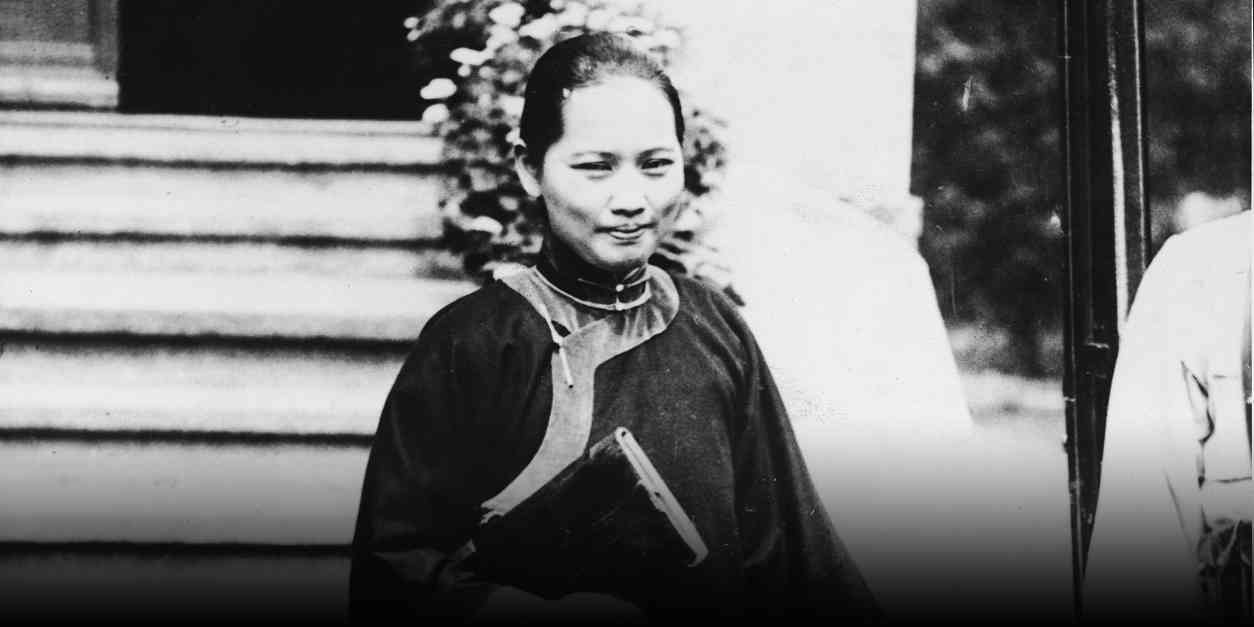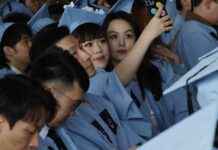The Chinese term “xiansheng” is often translated as “Mister” in English, but it is actually a gender-neutral honorific. Similar to the Japanese term “sensei,” it is used to address someone older or more experienced. However, in practice, “xiansheng” is usually reserved for men. There has been ongoing debate in China about whether women should also be addressed as “xiansheng.” Some argue that accomplished women should not be given a title typically associated with men.
This debate is not new and has been discussed by academics for decades. Linguist Zhou Youguang opposed using “xiansheng” for women, fearing it could be seen as chauvinistic. On the other hand, linguist Xing Fuyi believed that women using “xiansheng” could be a form of rebellion against the male-dominated social structure. The historical gendered use of “xiansheng” dates back to the 19th and early 20th centuries, but its origins were not inherently gendered.
In ancient China, “xiansheng” was used for both men and women. Historical texts show examples of women being addressed as “xiansheng,” such as Song Ruozhao, a talented woman official from the ninth century. Even Taoist priestesses were given the title of “Xiansheng of Emptiness and Spontaneity” during the Song dynasty. The gendered use of “xiansheng” became more prominent with the influence of the English term “Mister” introduced to China in the 19th century.
Following the Xinhai Revolution in 1911, there was a push to replace Qing-era titles with gender-neutral terms like “xiansheng.” This change was seen as a step towards gender equality, expanding the use of “xiansheng” to address both men and women. However, the concept of “xiansheng” evolved differently in modern China, with one gendered interpretation influenced by Western discourse and another more universalist view shaped by revolutionary ideology.
After 1949, the gender-neutral term “tongzhi” replaced “xiansheng” in official usage. However, the concept of “xiansheng” was revived in the late 1970s with the influx of overseas Chinese to the mainland. The term was used as a polite form of address, with a feminized version “nüshi” also emerging. This revival of the gendered connotation of “xiansheng” reflected changing social attitudes in China.
Overall, the debate around whether women can be addressed as “xiansheng” is complex and rooted in historical, linguistic, and cultural factors. While the term has traditionally been associated with men, its usage has evolved over time, reflecting changing perceptions of gender roles in Chinese society.

















